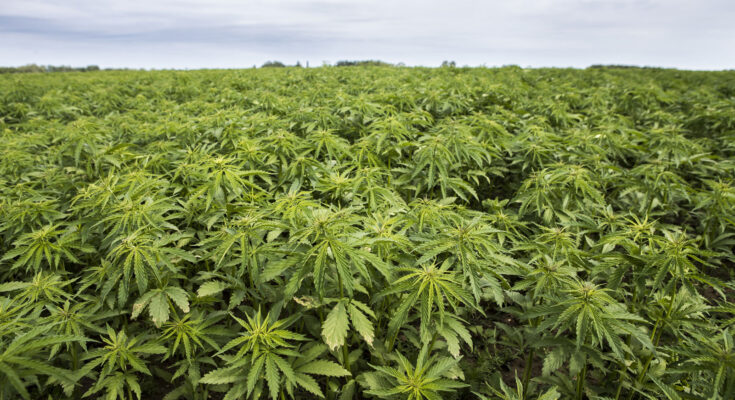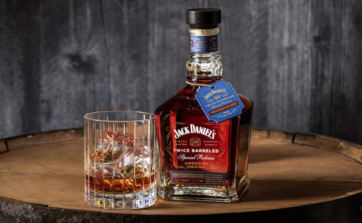Louisiana started handing out its first licenses to farmers to grow industrial hemp this month, after lawmakers legalized the crop in a bid to start a new agricultural industry in the state.
“Our industrial hemp program administrators worked hard to ensure the regulatory framework was in place as soon as feasibly possible and in time for the 2020 planting season,” Agriculture Commissioner Mike Strain, a Republican, said in a statement Thursday.
Strain’s office told The Advocate that it gave the first hemp grower’s license to Nanette Noland, the president of the Powell Group, an investment firm that owns several agricultural businesses.
The prospect of hemp as a new crop has excited farmers in Louisiana, especially after many suffered through rough weather and a trade war that stymied the market for some crops.
Hemp is a member of the cannabis plant family but contains only traces of the THC chemical compound that causes a high for marijuana users.
Louisiana’s hemp legalization came after Congress’ 2018 Farm Bill removed the crop from the list of federally controlled substances, giving states an opportunity to develop a hemp-growing program. It also coincides with the increasing popularity of Cannabidiol, or CBD, the non-psychoactive compound in the cannabis plant that is often extracted from hemp.
The state law that authorized hemp production in Louisiana also created a regulatory framework for sales of CBD products.
Records from the state Alcohol and Tobacco Control board show nearly 1,500 businesses have received the paperwork required to sell products containing CBD, which is sold in a wide range of products including lotions and other personal care products. Those businesses span the state and range from gas stations to chiropractic clinics to pharmacies to CBD shops.
The growing market for CBD has driven much of the demand for hemp, though the crop can be turned into a wide range of industrial products as well, including rope, fuels and textiles.
The regulatory requirements for hemp are lengthy — and the oversight of growing operations is intense. The plants’ THC level must not top 0.3%. Anything above that must be destroyed as a controlled substance. Strain’s office requires anyone growing, handling, transporting or processing hemp or hemp seed to get a license from the agriculture department.









